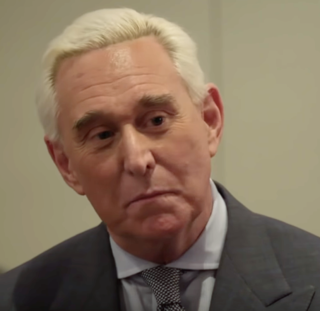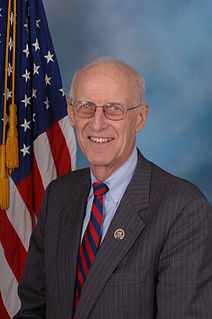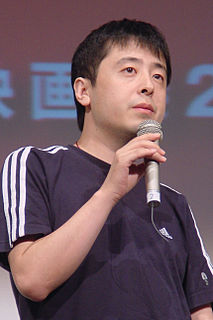A Quote by Peter Navarro
The policy goal is to persuade China to stop cheating. But here's what's interesting - Donald Trump intuitively understands what things should be. I did a study in 2008 where I estimated the impact of China's unfair trade practices on their competitive advantage - the so-called China Price. You know what it came out to be? Forty-three percent. Forty-three percent - very close to what his intuition said we needed in order to equalize things.
Quote Topics
Related Quotes
The far more likely Trump scenario is this: Chinese leaders realize they no longer have a weak leader in the White House; China ceases its unfair trade practices. America's massive trade deficit with China comes peacefully and prosperously back into balance, and both the U.S. and Chinese economies benefit from trade.
Ronald Reagan, when he was campaigning for President, said that he would break relations with Communist China and re-establish diplomatic relations with Taiwan. But when he got into office, he pursued a very different policy of engagement with China and of increasing trade and business ties with China.
China is illegally dumping steel in the United States and Donald Trump is buying it to build his buildings, putting steelworkers and American steel plants out of business. That's something that I fought against as a senator and that I would have a trade prosecutor to make sure that we don't get taken advantage of by China on steel or anything else.
If you're an artist working in China, you become aware that there are things you have to give up in order to practice your art. For the most part, you know what they are. With my first three films, the consequences of making them was that I had to forgo the possibility of releasing them theatrically in China.
During the 1999 debate over Permanent Normal Trade Relations with China President Bill Clinton said, 'In opening the economy of China, the agreement will create unprecedented opportunities for American farmers, workers and companies to compete successfully in China's market. WRONG: Our trade deficit with China has increased from $83 billion in 2001 to a record breaking $342 billion in 2014.

































